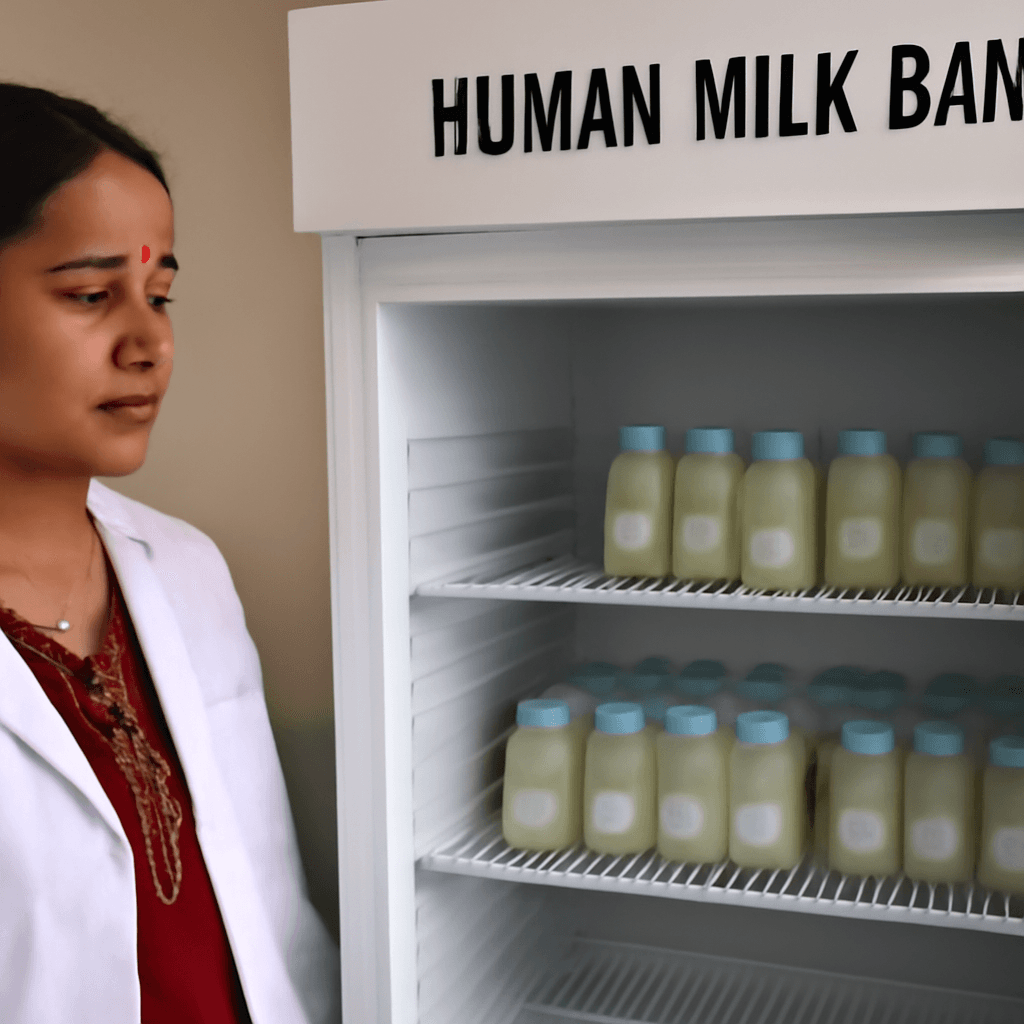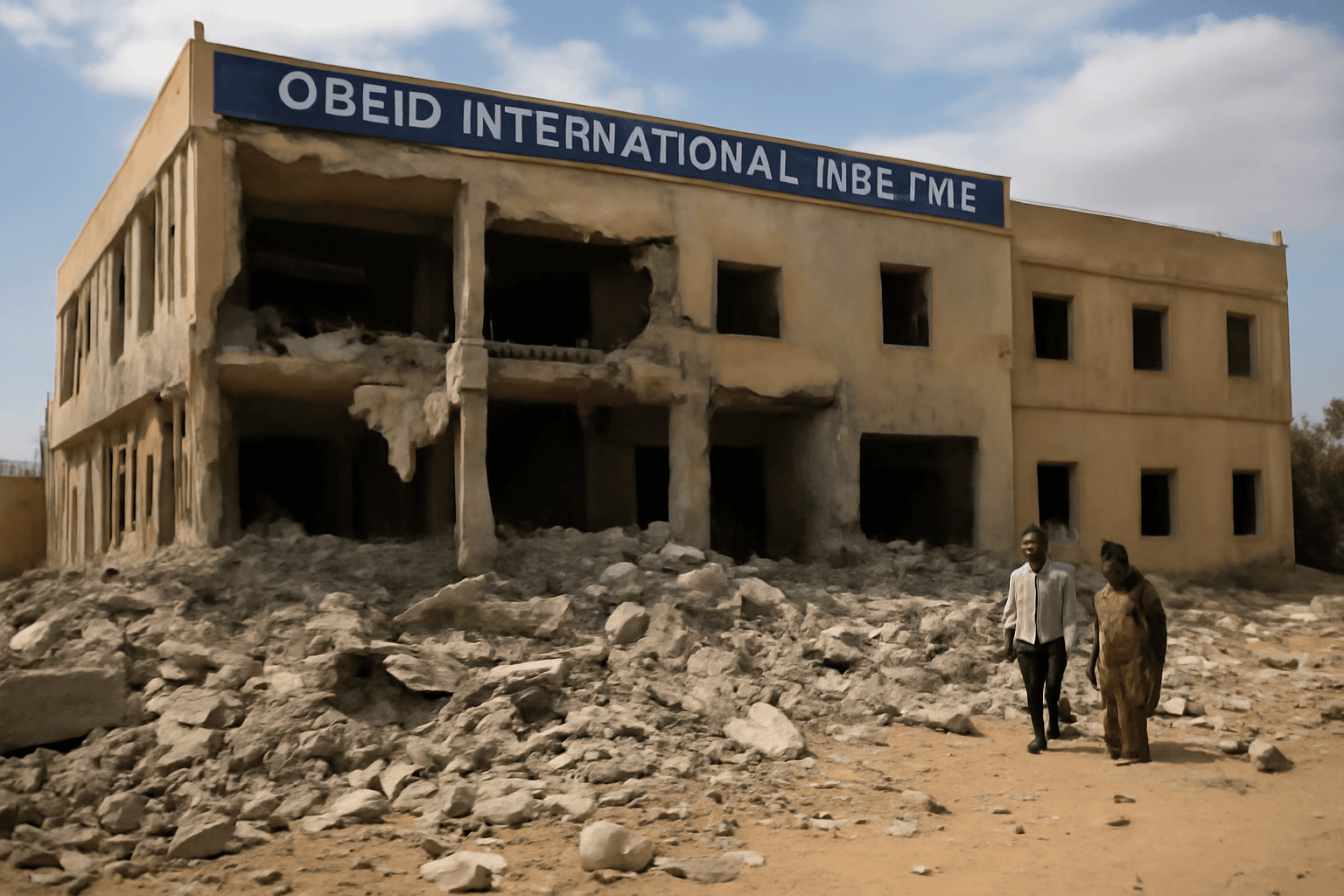Nepal Launches Its First Human Milk Bank to Support At-Risk Newborns
Breast milk remains the gold standard of nutrition, essential for a baby’s survival and healthy growth. Recognizing this, Nepal has established its inaugural Human Milk Bank, named Amrit Kosh, aimed at delivering vital nourishment to premature, low birthweight, and other vulnerable infants.
Integrated Lactation Management: A Lifeline for Newborns
The Amrit Kosh milk bank is part of a broader integrated lactation management center set up by the Nepalese government in 2022 with support from international partners including UNICEF and the European Union. Located in Kathmandu, this facility provides donor breast milk when a mother is temporarily unable to breastfeed.
Each month, around 500 newborns—many of whom were born prematurely or face health complications—receive donor milk, offering them a lifeline when their own mothers cannot supply nutrition.
Real Stories: Mothers and Milk Donors Unite
Take the case of Sarita Khatri Tamang, a mother recovering from a C-section at the Paropakar Maternity and Women’s Hospital’s Kangaroo Mother Care unit. While she is unable to breastfeed immediately, her infant still benefits from the breast milk donated by mothers like Sushila Nagarkoti, a contributor to the milk bank.
Breast Milk’s Crucial Role in Newborn Health
According to health experts, breast milk not only fuels physical growth but also supports optimal brain development. Dr. Bibek Kumar Lal, Director of the Ministry of Health and Population’s Family Welfare Division, emphasized that breast milk is unmatched in nourishing infants and confers lasting health benefits to mother and child alike.
Globally, over 15 million premature babies are born each year, and Nepal alone experiences approximately 81,000 premature births annually. These infants face significantly higher risks of mortality within their first month. Donor breast milk can dramatically improve their chances of survival and reduce complications associated with prematurity.
Funding Challenges Threaten Expansion
While the success of Amrit Kosh highlights the potential impact of such initiatives, plans to extend similar lactation management centers across Nepal have stalled. Financial constraints, particularly funding cuts affecting UNICEF’s involvement, have delayed the expansion of milk banks and the continuation of crucial services like breastfeeding counselling.
The Broader Impact of Breastfeeding
- Exclusive breastfeeding in the first six months is vital, preventing infections and malnutrition.
- It could prevent 13% of global deaths in children under five years old each year.
- Early initiation of breastfeeding within the first hour after birth can lower newborn mortality rates by 22%.
As Nepal pioneers this essential healthcare resource, sustained support and investment remain critical to safeguard the wellbeing of its most vulnerable citizens—newborns who depend on every drop of nurturing they can get.











